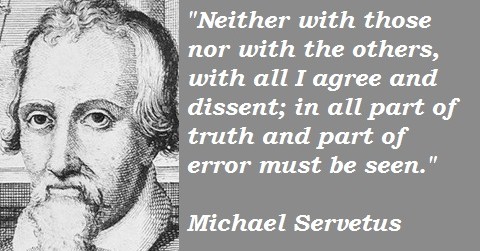Source: open Democracy
By Ahmet T. Kuru, who is professor of political science at San Diego State University. He is the author of Islam, Authoritarianism, and Underdevelopment: A Global and Historical Comparison (Cambridge UP 2019) and Secularism and State Policies toward Religion: The United States, France, and Turkey (Cambridge UP 2009). With the late Alfred Stepan, he edited Democracy, Islam, and Secularism in Turkey (Columbia UP 2012).
Islam is neither an instrument of identity politics, nor an ideology offering political solutions.
Recently, people have taken to the streets again in several Middle Eastern countries. From Algeria and Sudan, to Iraq, Lebanon and Iran, among others, they have protested authoritarian and sectarian governments, who have failed to solve their problems.
In and beyond the Middle East, not only Islamists but also conservative Muslims have argued that Islam would solve their countries’ problems. During the last four decades, several countries have experienced the increasing role of Islam in the public life. In some cases, such as Iran and Sudan, Islamists captured the power. In such cases as Pakistan and Egypt, Sharia was constitutionally declared as the source of law and Islamic courts became influential. In other cases such as Turkey and Malaysia, Islamic discourses dominated the public sphere and Islamic teachings became influential in public education.
Yet, almost none of these various levels of political, legal, and ideological Islamization helped these countries reach better conditions regarding justice, freedom, and development.
Democratic politics, in which the people elect leaders and hold them accountable while directly participating in policy-making processes, is crucial to accomplish these conditions. Democratic politics requires two fundamental bases of the political system—citizenship and law-making—to be secular.
Recent Islamization, however, has weakened the secular basis of citizenship and legislation in several Muslim-majority countries, and thus deepened their already-existing problems of authoritarianism.
Citizenship, not religion, should define the “nation”
In medieval Islamic theory and practice, Christian, Jewish, and some other non-Muslim subjects of Muslim states had a secondary status as “protected people.” This status was much better than the conditions of non-Christians in Christian states at that time. Today—regardless of its historical value—the “protected people” status means discrimination.
Suggested reading by Zia H Shah MD, Chief Editor of the Muslim Times
What Every Muslim, Christian and Jew needs to know: The Sabbath was made for man, not man for the Sabbath

The Prophet’s Greatest Victory According to the Quran: A Peace Treaty
Eating Beef in India; Another Reason Why World Needs Secularism in Our Global Village
In Defense of the Secular Narrative of the Holy Quran
Eating Beef in India; Another Reason Why World Needs Secularism in Our Global Village
Why Secularism Is Compatible with the Quran and Sunnah — And an ‘Islamic State’ Is Not
The Muslim Times has the best collection of articles promoting secularism in every country of the world
Book Review: Muslims Learning Secularism from Jesus Son of Mary
CNN Documentary: Ultra-orthodox Jews and Israel’s Struggle with Secularism
Why Did Muhammad Fly to Jerusalem?
How can we build the Third Temple together?
The Hypocrisy of Quebec’s MNAs on Full Display in the Crucifix in the Parliament Building
Ruth Bader Ginsburg Delivers Sharp Dissent In Supreme Court Cross Case
Categories: Sectarianism, Secularism, Separation of Church and State, The Muslim Times


The above is all correct, but somewhat misleading. Take Iraq for instance. The problem is not really religious, but simply corruption (where is all the oil money going?) and mismanagement.
Lebanon. similar. although here made more complicated by the Colonialist area imposed religious edict of a Christian must be President a Sunni this and a Shiah that. But again, the main problem is corruption, nepotism, mismanagement.